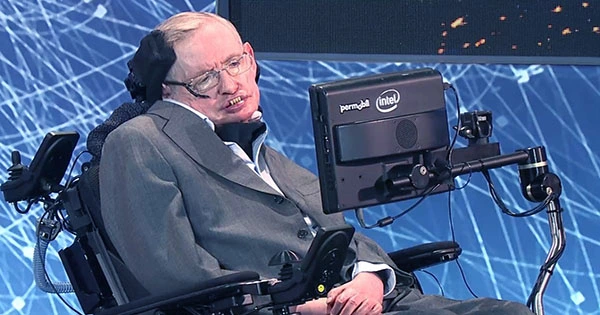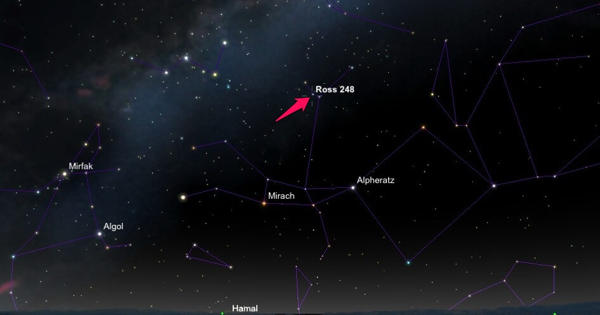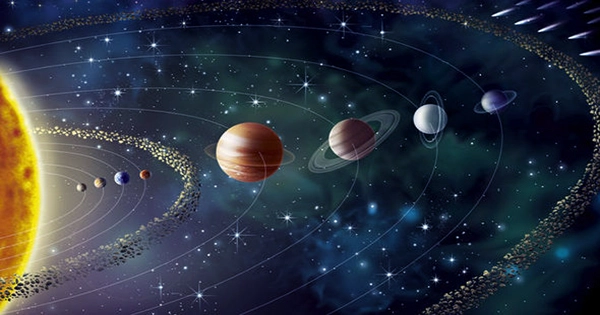Humans have devised a new message to send into space in order to draw the attention of intelligent life elsewhere in the universe: a binary-coded message that explains the biochemical makeup of life on Earth as well as information about our Solar System’s location. The Beacon in the Galaxy (BITG) message is essentially a revised version of the Arecibo message, an interstellar radio broadcast transmitted to globular star cluster M13 in 1974 that carried basic information about humans and Earth. The BITG message is now only a concept, but it aspires to be a more advanced and thorough version of the Arecibo message.
The BITG project was recently described on the pre-print website arXiv by Jonathan Jiang of NASA’s Jet Propulsion Laboratory at the California Institute of Technology and colleagues. “The proposed message includes basic mathematical and physical concepts to establish a universal means of communication,” according to the paper, “followed by information on the biochemical composition of life on Earth, the Solar System’s time-stamped position in the Milky Way relative to known globular clusters, as well as digitized depictions of the Solar System and Earth’s surface.”
“At the end of the communication, there are computerized representations of the human form, as well as an invitation for any receiving intelligences to react.” Reaching out to our galactic neighbors may appear to be a courteous way to act as a would-be multi-planetary society, but it is not a consensus. The legendary theoretical physicist Stephen Hawking reportedly advised against attempting contact with an extraterrestrial civilisation. Hawking examined one area of human history and saw an unfavorable tendency that might emerge when two civilizations meet: conflict, bloodshed, and dominance.
“If intelligent life has developed elsewhere,” Hawking added, “we should be able to hear it.” “We could get a communication from a planet like this one day, but we should be cautious about responding. It’s possible that meeting a sophisticated civilisation will be similar to Native Americans meeting Columbus. That didn’t go as planned.” We can’t possible know how extraterrestrial intelligent life would react if it ever met Earthlings, and it’d be a mistake to presume they’re as blinkered as some human societies have been in the past. It would, however, be as stupid to expect they’d want to be our pals.
Nonetheless, the BITG message’s designers turn to a different period of human history and come to a far more positive conclusion. Although life is ultimately competitive, communication and collaboration improve it. Perhaps a little assistance from our neighbors might be helpful if humans ever explore beyond our home planet.
“We have wanted to connect since the first tiny spark of sentience appeared in the primeval minds of contemporary humans’ distant ancestors some hundred thousand years ago. The researchers conclude that “rudimentary grunts and gestures may well have been the difference between annihilation on the African veldt and eventual dominion of the Earth.” “The sky above us now, not unlike the world that lay just beyond the African horizon two million years ago, welcomes our best efforts to follow the answers we naturally seek with renewed determination and greater means,” they continue later.
















